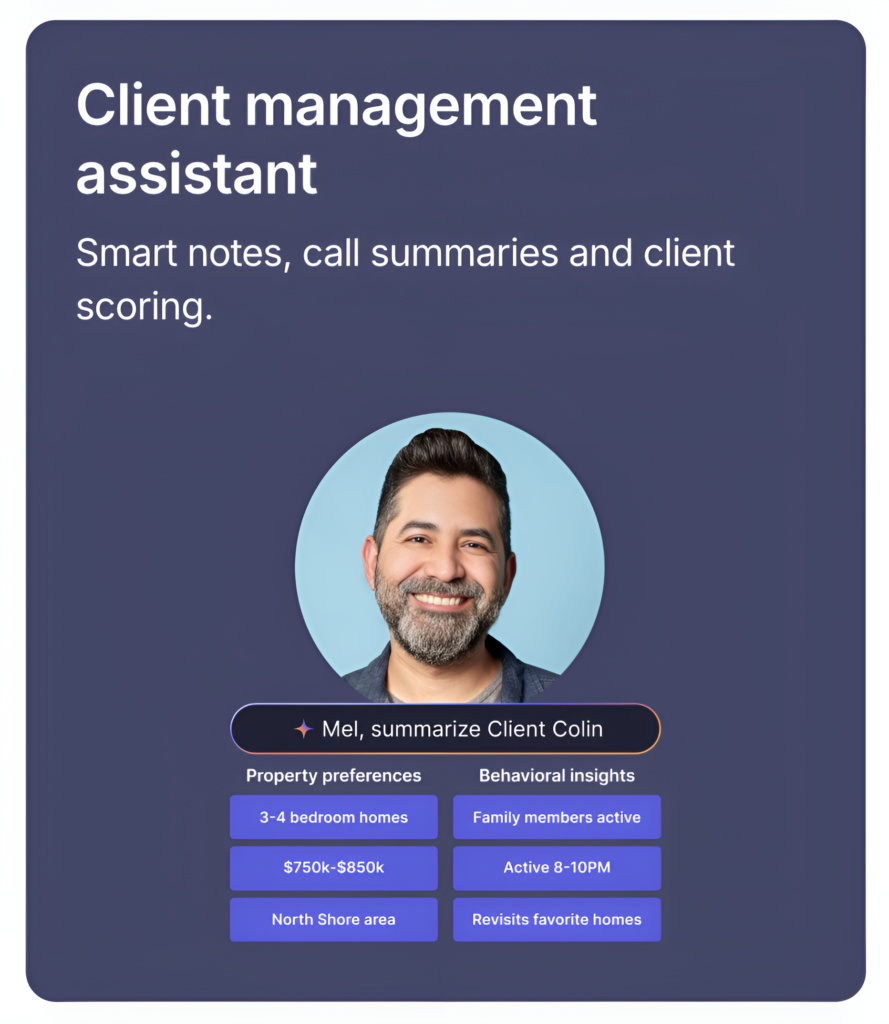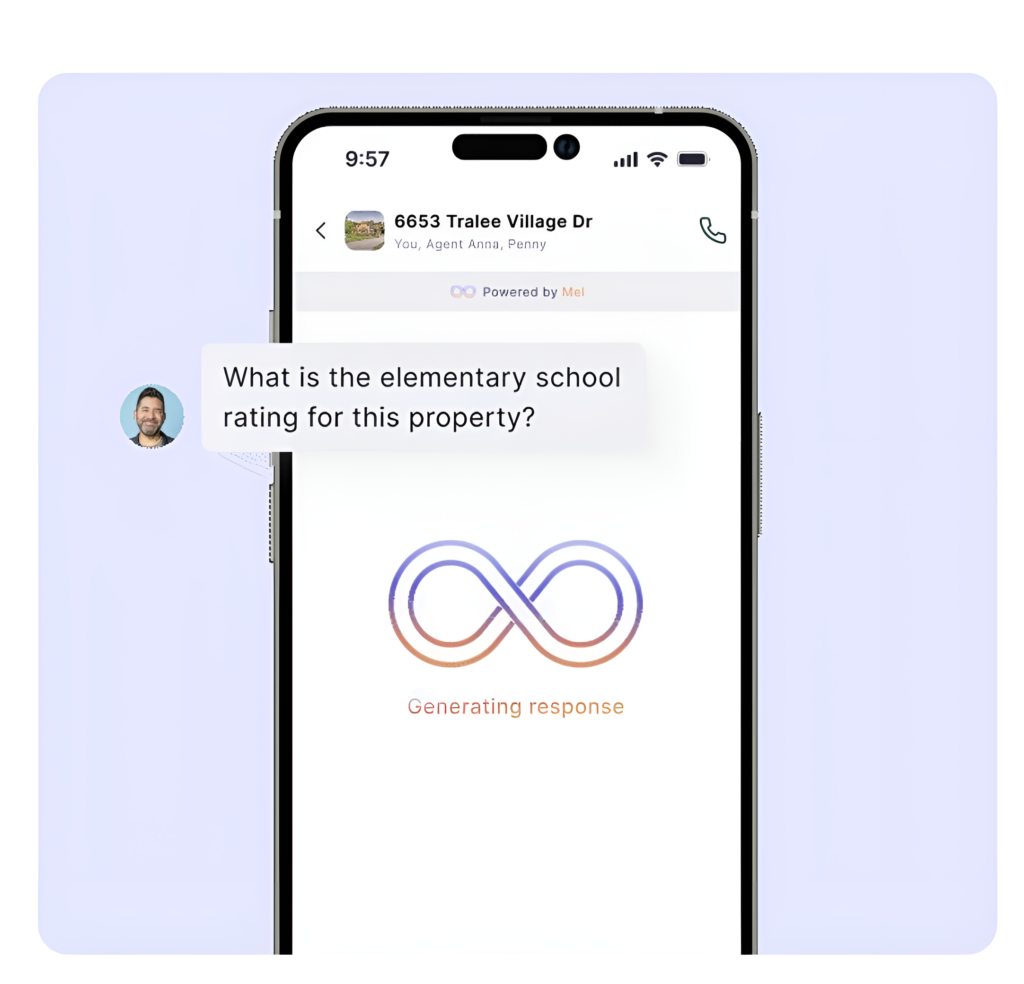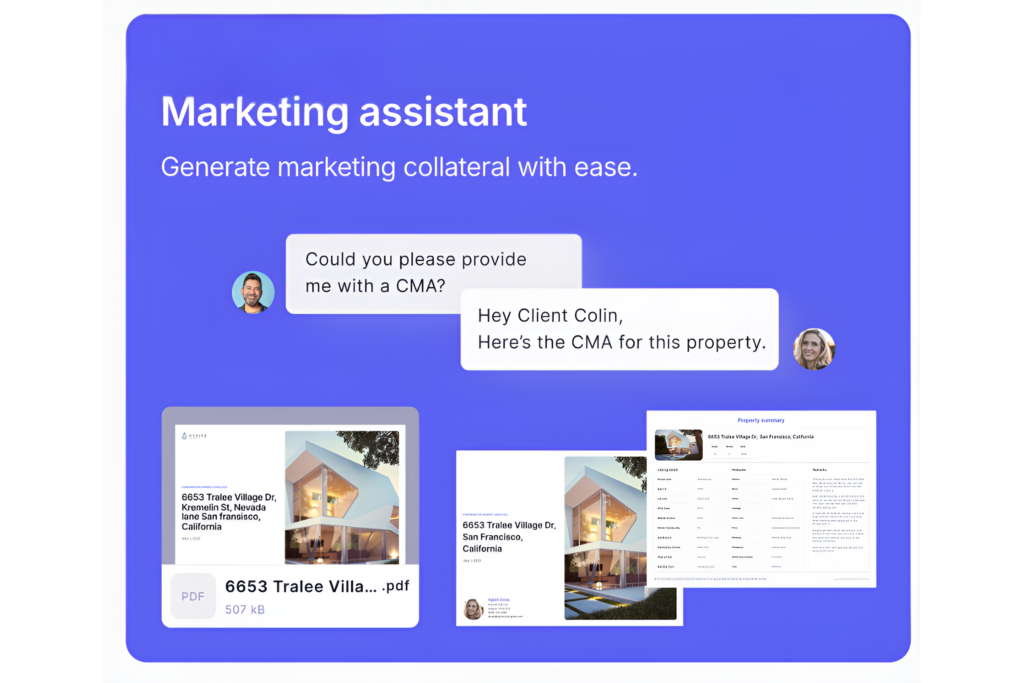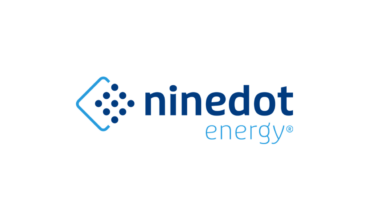Terra Innovations did not grow by sticking to tradition. The company’s evolution from a small property-flipping operation into a luxury lifestyle brand spanning real estate, private aviati...
AI Gives Independent Brokerages a Competitive Edge in Challenging Real Estate Market




“In about three to five years, every agent who currently uses AI effectively will gain from it. When they’re selling 10 properties a year, they’re probably going to sell 30 to 40 properties a year,” predicts Biju Ashokan, CEO of prop tech company Radius.
In a real estate market experiencing its most challenging period in nearly three decades, with 2025’s first quarter showing “the lowest in the last 28 years” according to Ashokan, independent brokerages are finding a competitive edge through artificial intelligence. The technology isn’t just helping them survive—it’s positioning them to thrive when the market rebounds.
The Independent Advantage
For Ashokan, the journey to creating Radius began with firsthand experience of the challenges independent brokerages face. As the former CEO of a small brokerage that grew “from zero to 50 agents quite quickly,” he recognized that developing proprietary AI tools, lead nurturing systems, and transaction management technology for just 50 agents wasn’t economically viable.
“We were profitable, but it wasn’t enough to fund the engineering aspects of products,” Ashokan explains. This realization led to an exit from his first venture and the founding of Radius, built specifically to empower independent brokerages with enterprise-level technology.
The timing is strategic. As Ashokan points out, the traditional brokerage model needs to demonstrate clearer value: “Why does a brokerage exist? If you’re buying a property and selling a property, why are you paying a commission to a brokerage? The agents are doing most of the work for you.”
His point isn’t that brokerages are unnecessary, but rather that they must bring more to the table to justify their commission split—and that’s precisely where technology comes in. Radius provides the technological infrastructure that brokerages need to offer real value to their agents, helping them operate more effectively while justifying the commission structure—a model that’s attracting forward-thinking real estate professionals.
Meet Mel: The AI Assistant Enhancing Client Experiences


At the core of Radius’s offering is Mel, a sophisticated AI assistant designed specifically for real estate professionals. Mel serves as both a reactive and proactive tool that streamlines agent workflows while enhancing the client experience.
“It is our AI assistant, and it is both reactionary and proactive,” Ashokan explains. “When you have questions for Mel, it tells you anything about real estate. We’ve trained it with all the real estate information, documents, everything.”
Mel goes beyond simply answering questions. The system analyzes client behavior—what properties they view, how long they spend looking at listings, which homes they favorite, and the content of their messages—to build a comprehensive understanding of their preferences. This enables highly personalized property recommendations and faster, more informed responses than traditional agent-only interactions could provide.
For buyers and sellers, this translates to immediate answers about property details, neighborhood information, and market trends without waiting for an agent to research and respond. For agents, it means being able to handle more clients simultaneously while providing better service.
This technology is already proving valuable for early adopters like Rod Watson of Distinct Concierge. Through Watson’s white-labeled app that’s branded for his Distinct Concierge business and fine-tuned for his specific clients and market, customers gain access to an AI-powered experience that traditional brokerages struggle to match.
“Rod uses Mel to respond to his clients,” Ashokan explains. “When clients ask questions like, ‘What are the nearest golf courses to this property?’ he knows his agents might not know, and even if they know, they have to look them up somewhere and send it. But Mel just responds right on their behalf.”
This capability extends to multilingual support—a potential game-changer for reaching new client demographics. “If your client doesn’t speak English and speaks Spanish, they could type in Spanish and ask the agent, and the agent would respond in Spanish, even though the agent doesn’t know Spanish,” says Ashokan, adding that voice functionality is coming soon.
Beyond Chat: AI as a Comprehensive Solution


While AI chatbots have dominated headlines, Radius is taking a more comprehensive approach. Their platform handles “the entire workflow for agents, from lead nurturing to client management, to transactions and offers and purchase agreements and listing agreements all the way to close,” Ashokan explains.
This end-to-end system creates efficiency gains at every stage. For example, when preparing an offer, the AI already understands buyer preferences and can pre-populate documents that would otherwise require hours of agent time.
The system also leverages behavioral data to understand client preferences better than agents might on their own. Similar to how social media platforms analyze user behavior, Radius tracks “what you’re clicking on, what you’re spending significant time on,” Ashokan explains. “If you’re on our app looking for properties… how long do you take to respond to messages? How much time do you spend on each property? What are you favoriting? What are you rejecting?”
This data powers increasingly personalized recommendations and enables agents to provide more proactive service—a key competitive advantage when every client relationship matters.
The Future Agent: Fewer, More Productive Professionals
As AI becomes more integrated into real estate, Ashokan envisions a transformed industry with “fewer amazing agents, highly productive agents.”
“Today there are about 2 million or 2.5 million licenses, according to NAR, out of which maybe half a million are full-time agents. That number might reduce, and each of these agents might produce significantly more,” he predicts.
This evolution creates both opportunity and urgency for current professionals. Those who embrace AI tools now may establish an unassailable lead over competitors still relying on traditional methods. As these early adopters demonstrate the ability to handle more transactions while providing better service, client expectations will likely shift across the industry.
Building for Resilience


Despite challenging market conditions, Radius is accelerating its development roadmap with an eye toward long-term resilience. “As founders, we need to make sure we’re prioritizing development that allows our clients to thrive in any market condition,” Ashokan explains. “The way we are approaching this is by expediting all the tech that we want to build, mainly focused around two things—one, improving the client’s experience, and two, improving the productivity of each agent so that they can manage more clients.”
For independent brokers interested in similar capabilities, Radius offers rapid deployment. “We can quickly get that out in like a couple of weeks for any independent brokerage,” Ashokan notes, emphasizing the company’s readiness to support more partners like Watson’s Distinct Concierge.
In today’s challenging real estate market, AI is becoming an essential tool for competitive differentiation. As Ashokan puts it: “We want our agents to give the best client experience so that they stand out from the rest of the brokerages.”
For independent agents watching larger competitors with concern, this technology-enabled edge may be exactly what they need to not just weather the current market, but position themselves advantageously for real estate’s next chapter
Similar Articles
Explore similar articles from Our Team of Experts.


In the competitive world of real estate, the traditional brokerage model has remained largely unchanged for decades. That changed when Side entered the market. Founded in 2017 by a team incl...


“Most urban grids are pretty dirty. You might have a lot of clean energy development outside of the urban area, but how do you use it in an urban area?” poses Karen Alter, Chief ...


Luxury real estate veteran Chris Pollinger has built a formidable consulting practice helping elite real estate professionals navigate market transitions and achieve dramatic growth. As foun...


In the dynamic landscape of South Florida real estate, few stories embody the region’s transformative potential quite like that of Fabio Faerman, CEO of FA Commercial, the commercial t...




